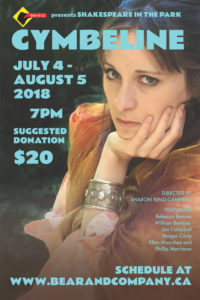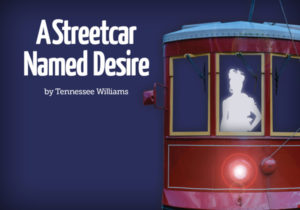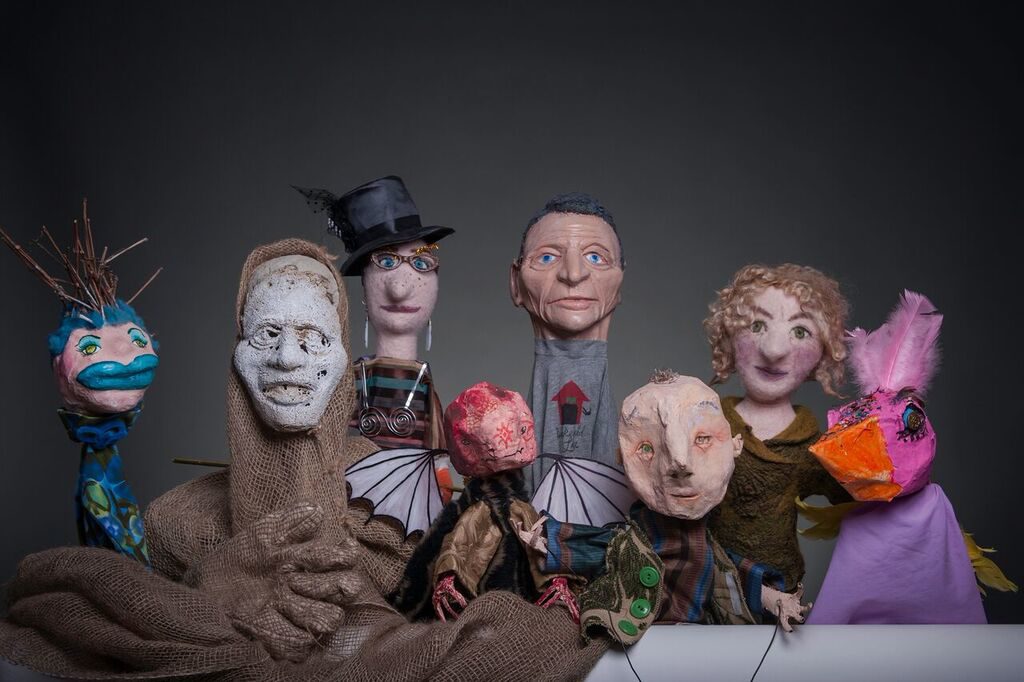Bear & Company’s Cymbeline in the park is an hilarious, fully enjoyable show for a nice summer night

While Shakespeare’s company probably never performed his plays in a park, Jacobean theatres were open-air, lit only by sunlight, and had no fancy lighting, sound, and set designs like modern theatre. Bear and Company’s performance of Cymbeline, one of Shakespeare’s later plays, does a lot to recreate that original Jacobean feel by staging an open-air show in various parks across the city. .
Cymbeline is one of Shakespeare’s crazier plays, with a convoluted plot that’s hard to follow, and hard to believe could ever happen in real life. The plot is a grab-bag of earlier Shakespeare tropes. Kooky king a la King Lear? Check. Star-crossed lovers? Of course. Running off into the forest disguised as a boy? Yep. A conniving queen? Uh-huh. A lecherous womanizer? Certainly. The Roman army invades and are defeated a scene later. The plot is so absurd, in fact, that Cymbeline fell out of favour for centuries, and many critics still think that Shakespeare had just gotten bored. It is one of his final plays, after all. …



